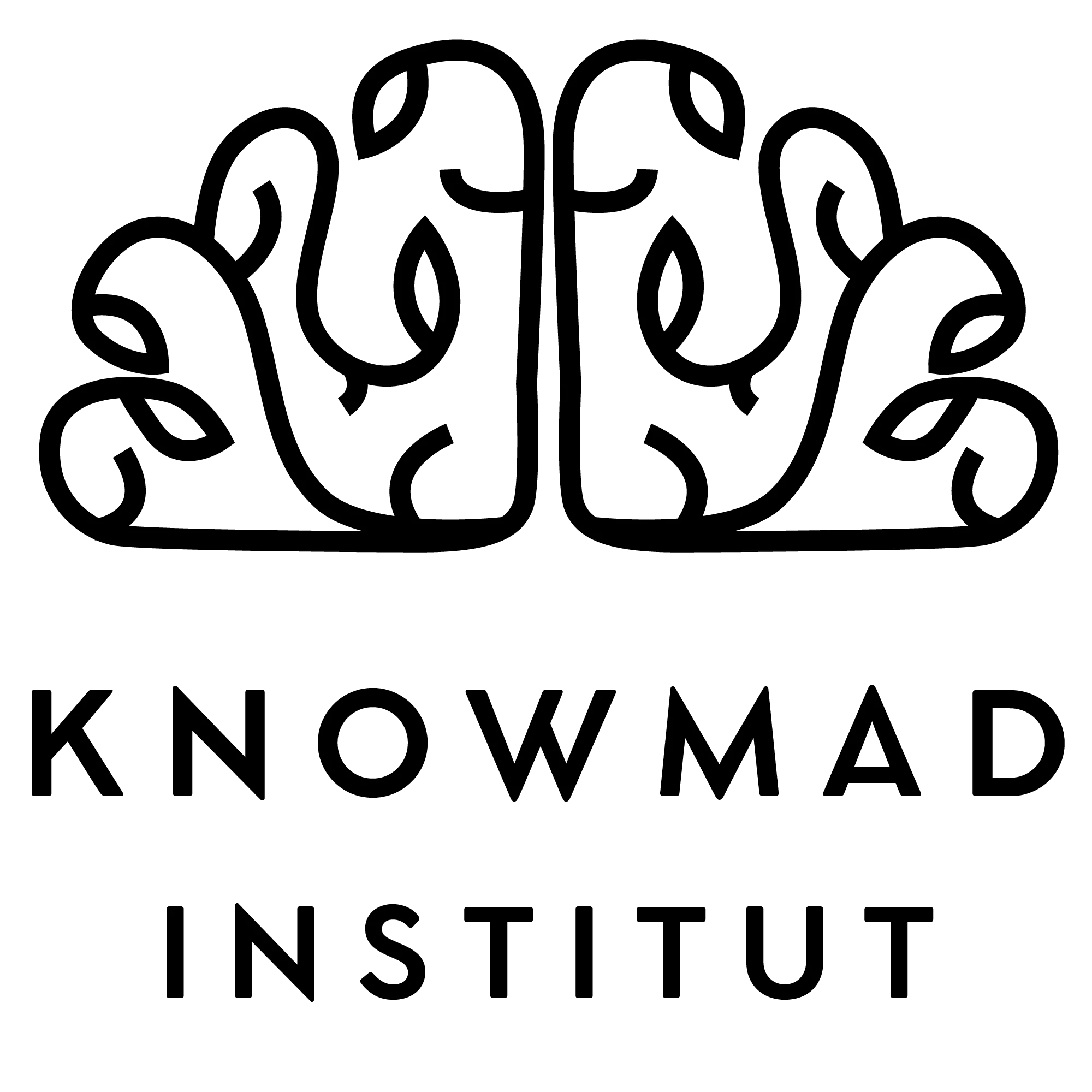Navigating New Horizons in Drug Policy: Africa’s Leap Towards Innovative Humanitarian Strategies
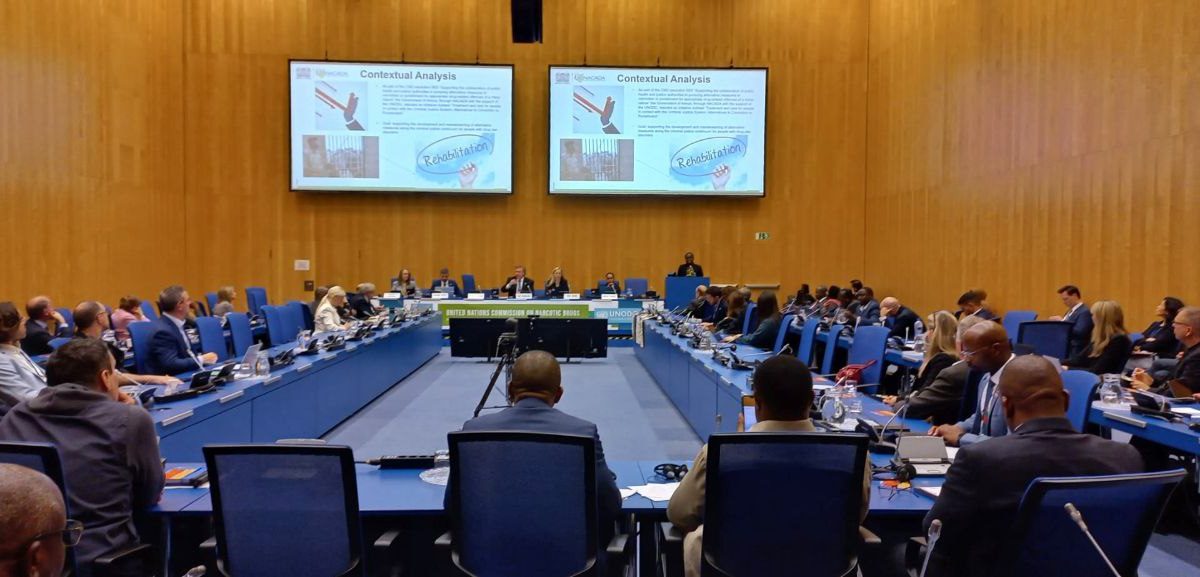
United Efforts for Policy Reform: Africa’s Governmental Alliance During the 67th session of the UN Commission on Narcotic Drugs, the governments of Kenya, South Africa, and Tanzania promoted a Deflection side event. We at the Knwomad Institut are proud to have co-hosted such a significant event. The cooperation between governments and all the stakeholders is…
From Dialogue to Action: Advancing Humanitarian Drug Policy at the CND67
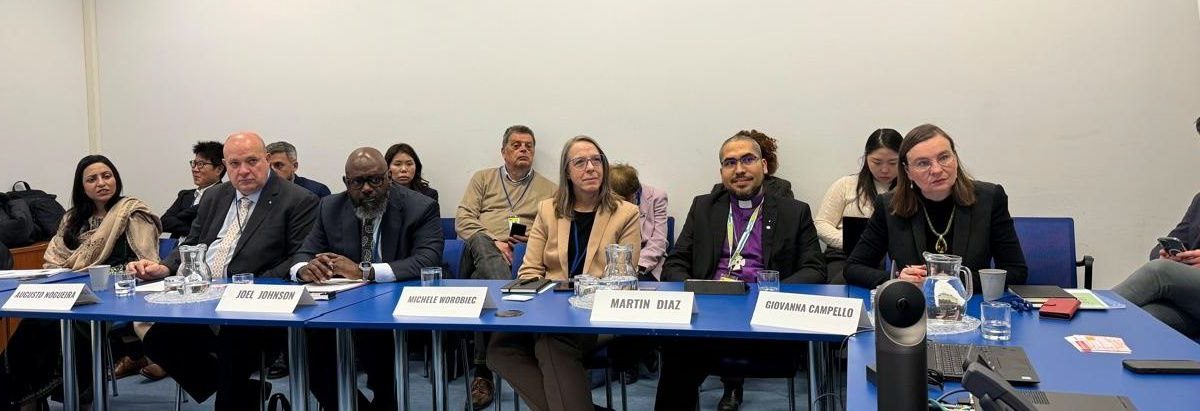
The 67th Commission on Narcotic Drugs (CND) side event hosted by the Rome Consensus 2.0 and its partners has been a beacon of progress in the arduous journey towards more humanitarian drug policies. This pivotal gathering illuminated the challenges and celebrated the strides made toward integrating human rights and public health into the global drug…
Cybercrime Related to Controlled Substances
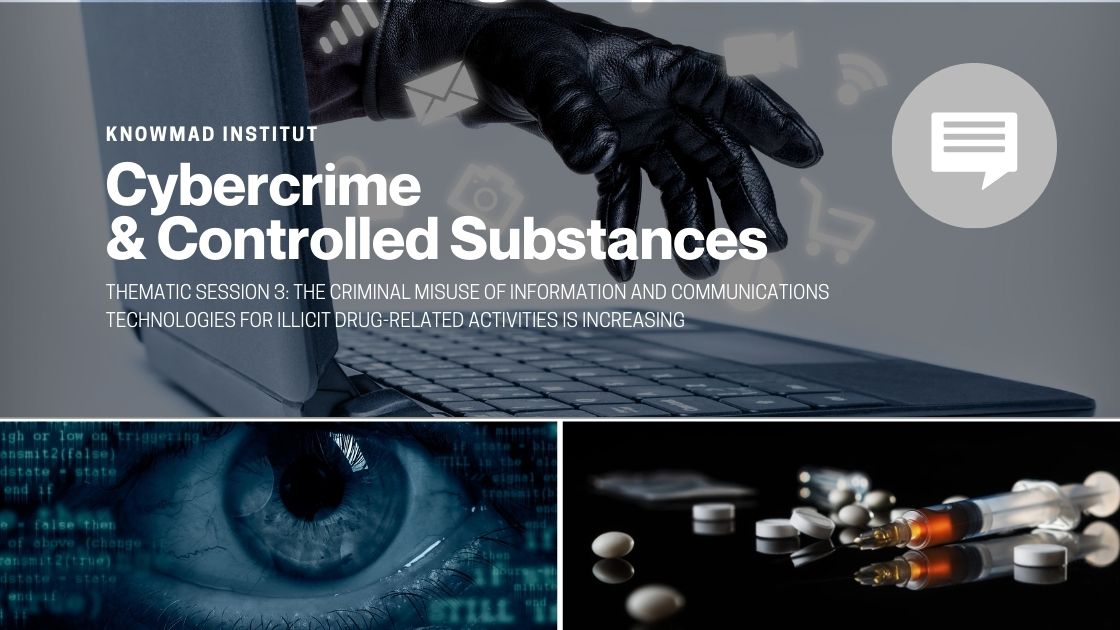
COMMISSION ON NARCOTIC DRUGS THEMATIC SESSIONS ON THE IMPLEMENTATION OF ALL INTERNATIONAL DRUG POLICY COMMITMENTS, FOLLOWING-UP TO THE 2019 MINISTERIAL DECLARATION, 19-21 OCTOBER 2021
THEMATIC SESSION 3: THE CRIMINAL MISUSE OF INFORMATION AND COMMUNICATIONS TECHNOLOGIES FOR ILLICIT DRUG-RELATED ACTIVITIES IS INCREASING
The Historical Reclassification of Cannabis at the United Nations

The Historical Reclassification of Cannabis at the United Nations This day, December 2, 2020, will be remembered as the historic day when the United Nations Commission on Narcotic Drugs (CND) showed that it still retains credibility and relevance. During the reconvened 63rd session it voted on the recommendations of the World Health Organization (Committee of…
UN makes public the list of voters on WHO Cannabis Scheduling recommendations
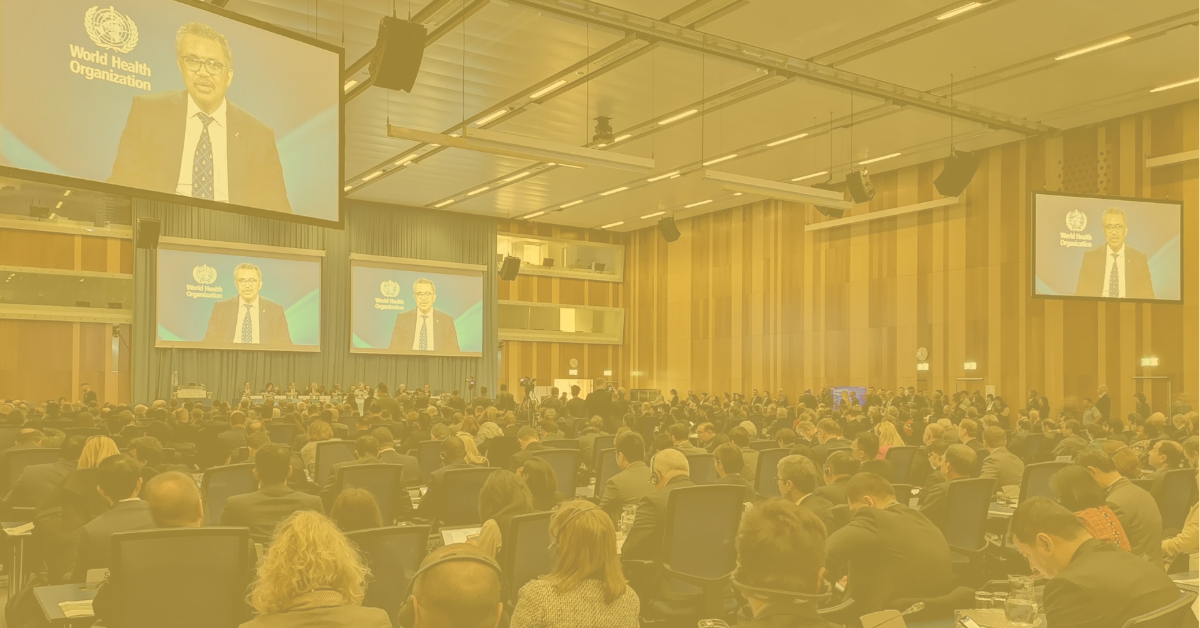
In March 2020 the United Nations might terminate half-Century of Treaty ban on Cannabis medicines. The process that started in 2016 will finish with a vote planned in March 2020. The list of the 53 countries that will take part in this historic votation has been made public today, and provides some surprises. WHO has…
Report: Cannabis & Sustainable Development

« …The tragedies caused by the lack of adequate and effective control of drug markets have increased social suffering, especially in relatively less developed countries and regions.
That is the reason why sustainable development opportunities must be taken as a guidance to improve the performance of drug policies. But this will not be possible without a strong public administration and efficient evidence-based public policies that, without repeating schemes worn out by the absence of results, take on the challenge of incorporating a new focus.
For all these reasons, we commend the efforts that Civil Society is undertaking to achieve an effective political incidence of this agenda, and we gladly join in an open dialogue where diverse voices and visions can fit. »
Diego Martín Olivera Couto,
Secretary-General, National Drug Council,
Office of the Presidency of the Republic, Oriental Republic of Uruguay.
Berlin Declaration and the Report Cannabis & Sustainable Development are presented at the United Nations
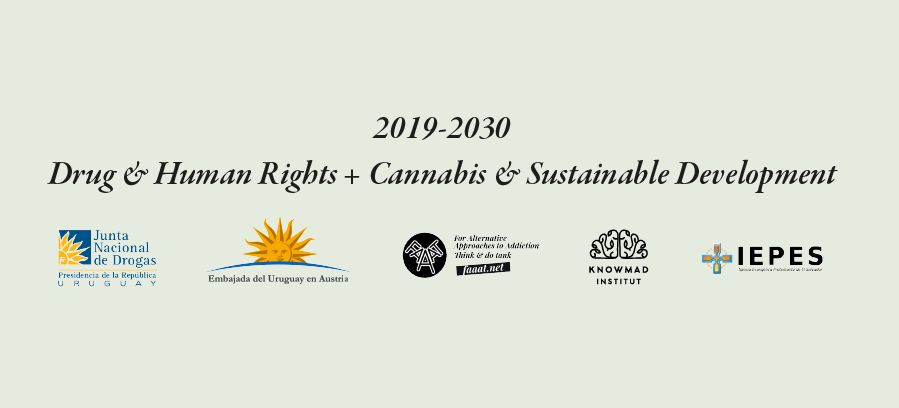
European Institute for Multidisciplinary Studies on Human Rights and Science 15 March 2019 United Nations Headquarters in Vienna, Austria Highlights: Launch of the Report “Cannabis & Sustainable Development” a fundamental tool for civil society, academia, private sector and governments for the period 2019-2030. Presentation of the Berlin Declaration with the support of more than a…
